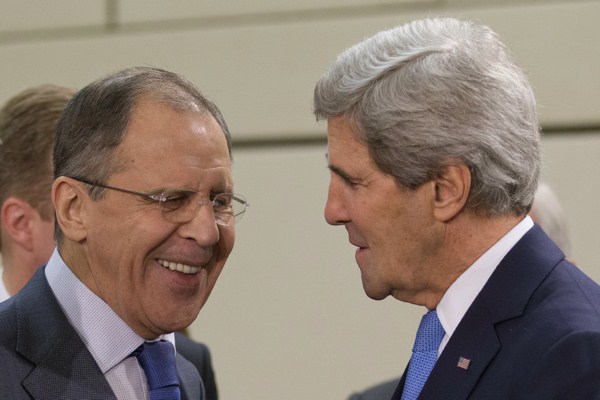To what extent is the crisis in Ukraine the result, and not the cause, of a dysfunctional relationship between Russia and the West? This question was posed for discussion this past week at a task force convened in Sofia, Bulgaria, by the Nuclear Threat Initiative, the European Leadership Network and the Russian International Affairs Council, among others, to discuss Ukraine and the future of Euro-Atlantic security.
Certainly, some aspects of the disagreements between Russia and Ukraine are sui generis. Yet the core of the dispute is rooted, on one hand, in the desire of many Ukrainians to break out of the Russian orbit and fully enter the security and economic institutions of the West; and, on the other, in Russian concerns, given the close connections between the two countries, about safeguarding its equities in Ukraine. In such circumstances, conflict could only be avoided by a skilled Ukrainian leadership capable of navigating between Western aspirations and Russian realities, or else in the context of generally positive relations between Moscow and the West.
A decade ago, twin Western initiatives—the NATO-Russia Council and the European Union’s proposals for four “common spaces” with Russia—sought to make Moscow an associate member of the two principal institutions of the Euro-Atlantic world. In theory, they were designed to create an effective “privileged partnership” between Russia and the West whereby Moscow might gain some of the benefits of actual membership, thus removing any remaining apprehension that the EU and NATO were inimically opposed to Russia’s interests and influence in Europe. However, they have failed to address how to give Russia a substantive voice in both organizations without according Moscow a “veto” on the decisions both take, based on the concern that Russia would seek to undermine European institutions from within. In turn, Russian statesmen have complained that both seek to actively curb Russia’s role and position.

